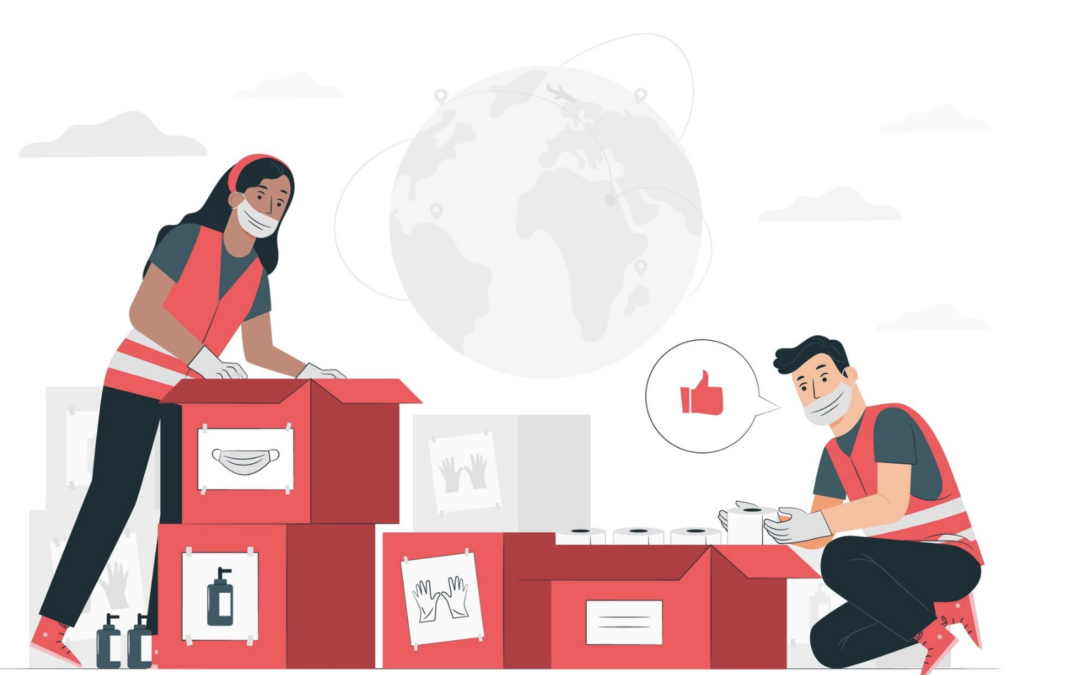Humanitarian organizations exist to support those in need around the world. Oftentimes humanitarian aid comes in the form of delivering goods, particularly in times of crisis. In order for these organizations to provide goods and services to people, they first need to source them. Procurement of goods and service accounts for roughly 65% of the humanitarian sector’s budget. In some cases, procurement can be over 80% of a humanitarian organization’s budget. The sector’s budget has been growing exponentially in recent years and according to the Financial Tracking System of the UNOCHA it stands at USD 55 billion in 2023.
Considering the substantial procurement budgets, it is crucial for these organizations to develop and implement gender responsive procurement practices. Gender responsive procurement is “a process whereby all stakeholders in the procurement of goods, services or works take into account the needs and capacities of women and men, girls and boys in the design, implementation and evaluation of their projects and programmes” (UN Women).
Gender-responsive procurement within humanitarian organizations holds the potential to significantly enhance the impact of their operations and can contribute directly to achieving Sustainable Development Goal 5 (SDG 5) on gender equality and empowering all women and girls.
Gender-responsive procurement provides a strategic opportunity to promote women’s economic empowerment. By selecting and engaging (local) women-owned businesses as suppliers, the humanitarian organizations stimulate entrepreneurship, job creation, and economic growth among women, particularly in regions affected by crises. Besides that, local sourcing is a cost efficient and more environmentally friendly way to procure goods. As there is less transport time and money, and more positive impact on local communities.
Apart from women-owned businesses, by selecting suppliers that have established effective gender equality policies and measures within their organizations, humanitarian entities set a standard for the broader business community. This practice not only encourages existing suppliers to adopt more gender-inclusive practices but also signals to the market the importance of such policies.
As the humanitarian sector is based on creating positive change, their procurement strategies cannot be overlooked. With a fair and ethical approach to sourcing and procurement, the budget can be used to empower women, and all underrepresented and disadvantaged people, in supply chains.

